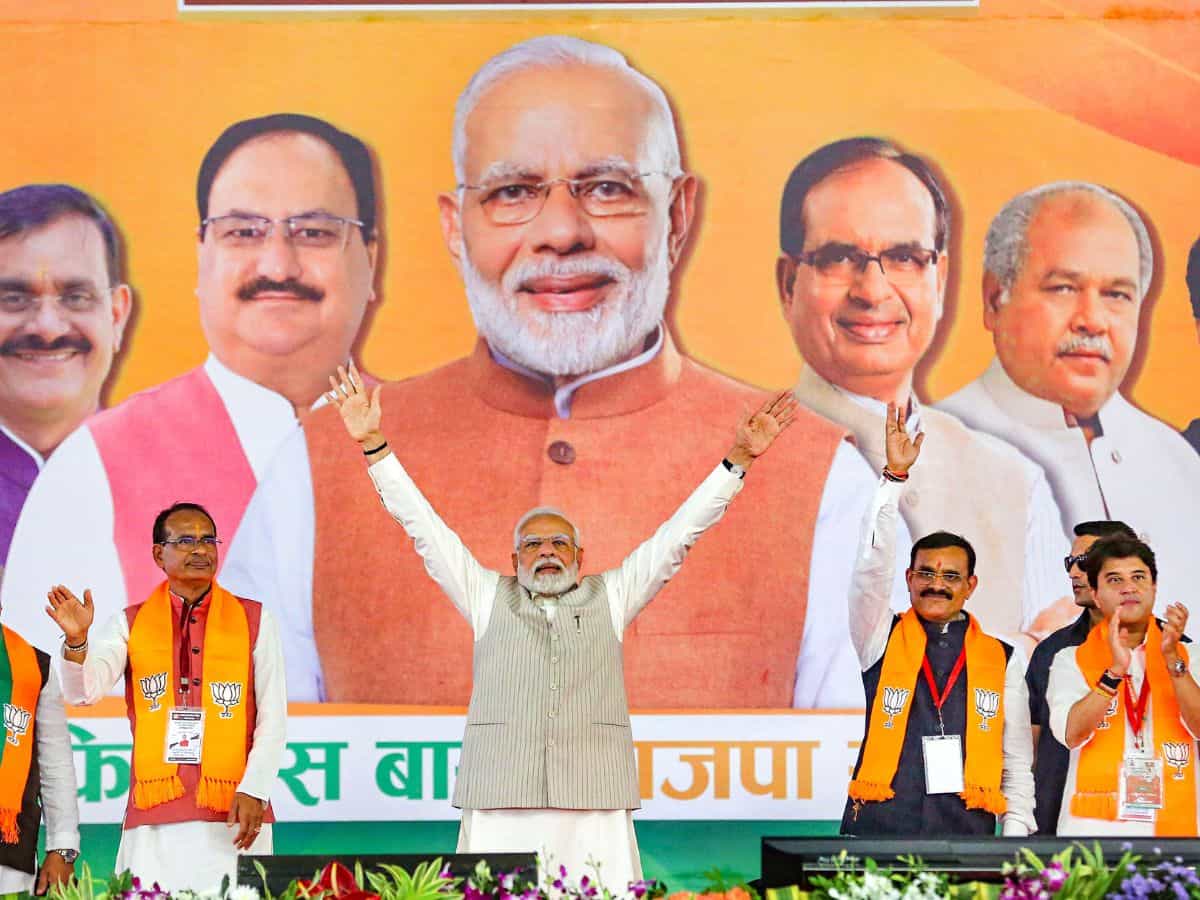
Does India need a caste census? If conducted, will it bring positive or negative consequences? There is debate over this issue. The issue is controversial due to differing opinions on potential benefits or drawbacks.
Opinions vary, with some acknowledging its long-standing presence and others expressing concern for adverse outcomes. In preparation for the 2024 Lok Sabha elections, political parties are seeking to establish connections with marginalized communities, resulting in increased demands for a caste census.
Bihar Chief Minister Nitish Kumar has provoked the present debate by conducting a caste census. He released the results on October 2 and has projected himself as the champion of marginalized communities.
The census report may lead to political demands for removing the 50% reservation ceiling imposed by the Supreme Court. At its recent Mumbai meeting, the newly formed opposition coalition I.N.D.I.A also demanded a caste census. Maharashtra, Odisha, and Jharkhand have agreed to conduct a caste census, while Bengal has not decided yet. Madhya Pradesh Congress has also promised.
The topic of caste census sparks varied opinions. It encompasses aspects such as its impact on elections and communities. It still needs to be completed, given the need for more reliable data since 1931. Some argue in favour of a caste census, but it’s akin to trying to wink in the dark.
Before 1931, the Decennial Census included data on Caste. However, 1941 was skipped due to World War 2. From 1951 to 2011, all of India’s independent censuses contained information on Scheduled Castes and Scheduled Tribes but not on other castes.
India saw a census conducted for administrative and demographic purposes without collecting data on caste during the British Colonial period.
After independence, the Nehru government did not favour a caste census. The successive Congress governments opposed a caste census for decades. During the Janata Government, the Mandal Commission was established in 1979.
After a decade, Janata Dal Prime Minister V.P. Singh implemented a 27% reservation for O.B.C.s in government jobs, based on the Mandal Commission report. The 2001 Census considered adding Caste as a category, but practical issues and concerns prevented it from being implemented.
However, in 2010, the Manmohan Singh government conducted a survey based on economic factors. The 2021 census has been postponed due to the pandemic and has yet to be carried out. Today, there is a change in Congress’s stand. Congress leader Rahul Gandhi used the phrase “Jitni Abadi, utna haq” to discuss issues related to Caste.
In 2011, the S.E.C.C. included information about Caste, but the main focus was living conditions and financial status.
The Modi government released the financial component of the S.E.C.C. in 2015, but the census for the caste component was not included. Unfortunately, the 2021 decennial population census has been postponed due to the COVID-19 pandemic.
Defining Caste is a complex issue. A caste census is deemed discriminatory and opposed by those who seek equal rights and opportunities for all. The BJP has so far not taken an official stand on the caste census, a demand first raised by regional parties like the RJD and the JD (U) and then supported by most other opposition parties. The party is among those who believe that conducting a caste census could hinder the creation of a more united society due to political and logistical challenges.
Historically, the Constituent Assembly met between December 1946 and November 1949 to draft a constitution for India’s independence. Stalwarts like Dr. B.R. Ambedkar, Jawaharlal Nehru, and Sardar Patel were important figures who led discussions on topics like government structure, citizens’ rights, and fundamental principles. Their contributions were crucial in shaping the new republic’s constitution.
Affirmative action is allowed by the Constitution to address past social injustices. However, there may not have been enough discussion about collecting specific data, such as conducting a caste census.
There are valid arguments both for and against carrying out a caste census. Ultimately, the decision to conduct a census largely depends on political factors, public sentiment, and the ruling Party’s priorities. The government’s actions can also be influenced by the public’s demands and level of awareness.
As of now, we need a more favourable environment to acknowledge the importance of the caste census. BJP leaders argue that many stalwart leaders, including Mahatma Gandhi and Lohia, have recognized that caste discrimination weakens society.
The BJP hesitates to back a caste census, though they hold a majority in the Lok Sabha. But caste-based parties advocate for it, creating a dilemma for the BJP to appease them and their supporters.
Some Political parties have gained influence by addressing caste issues. Specific communities seek recognition as Other Backward Classes. Congress, DMK, and JD (U) support a caste census, which Bihar has already conducted. Other states may run one as well.
The situation’s success depends on Modi’s political determination. To avoid repeating V P Singh’s mistakes, Modi must build a consensus and explain the effects beforehand. Due to limited time, the BJP might need to take a delicate approach to address the issues.
Kalyani Shanker is a seasoned journalist based in New Delh



